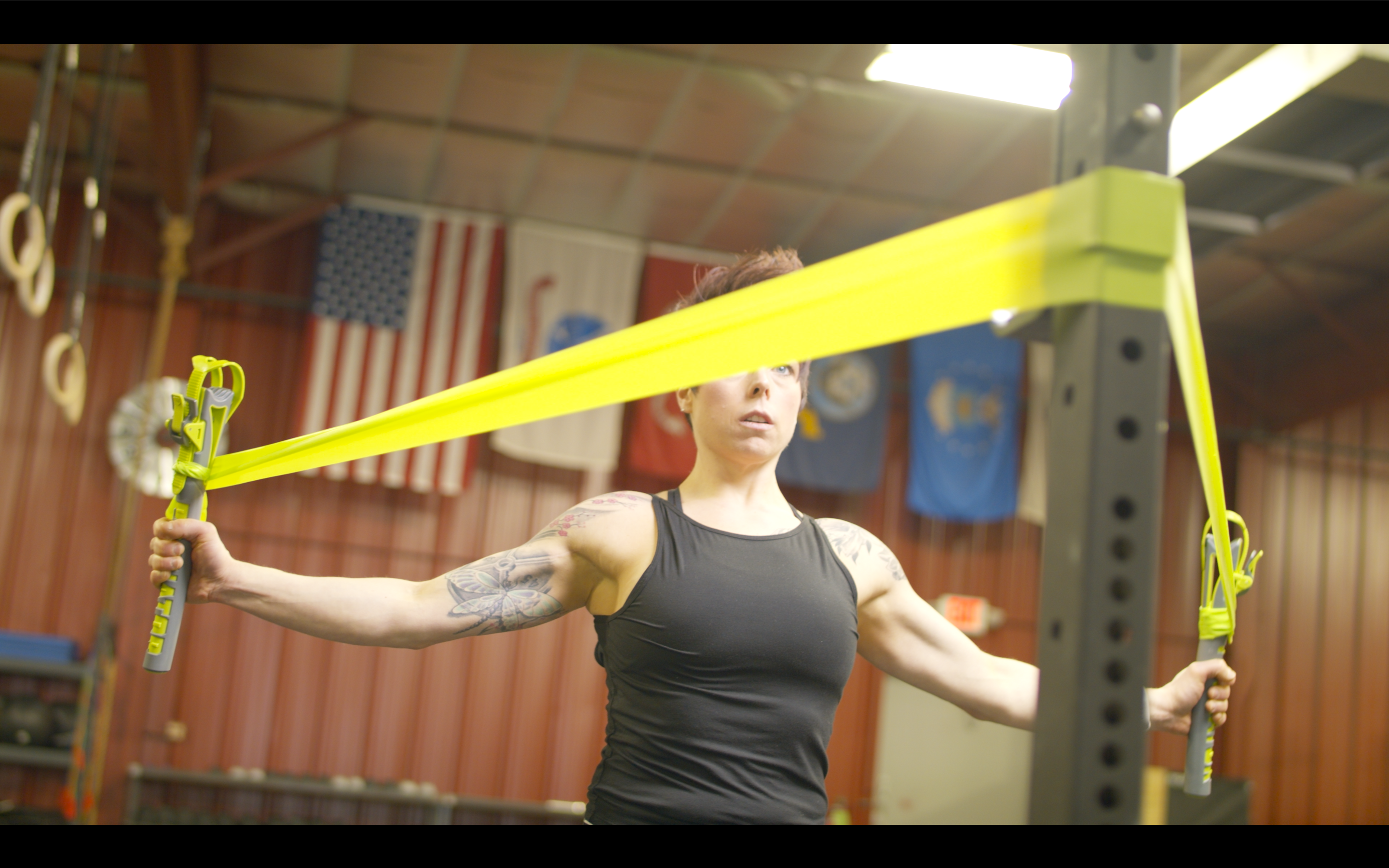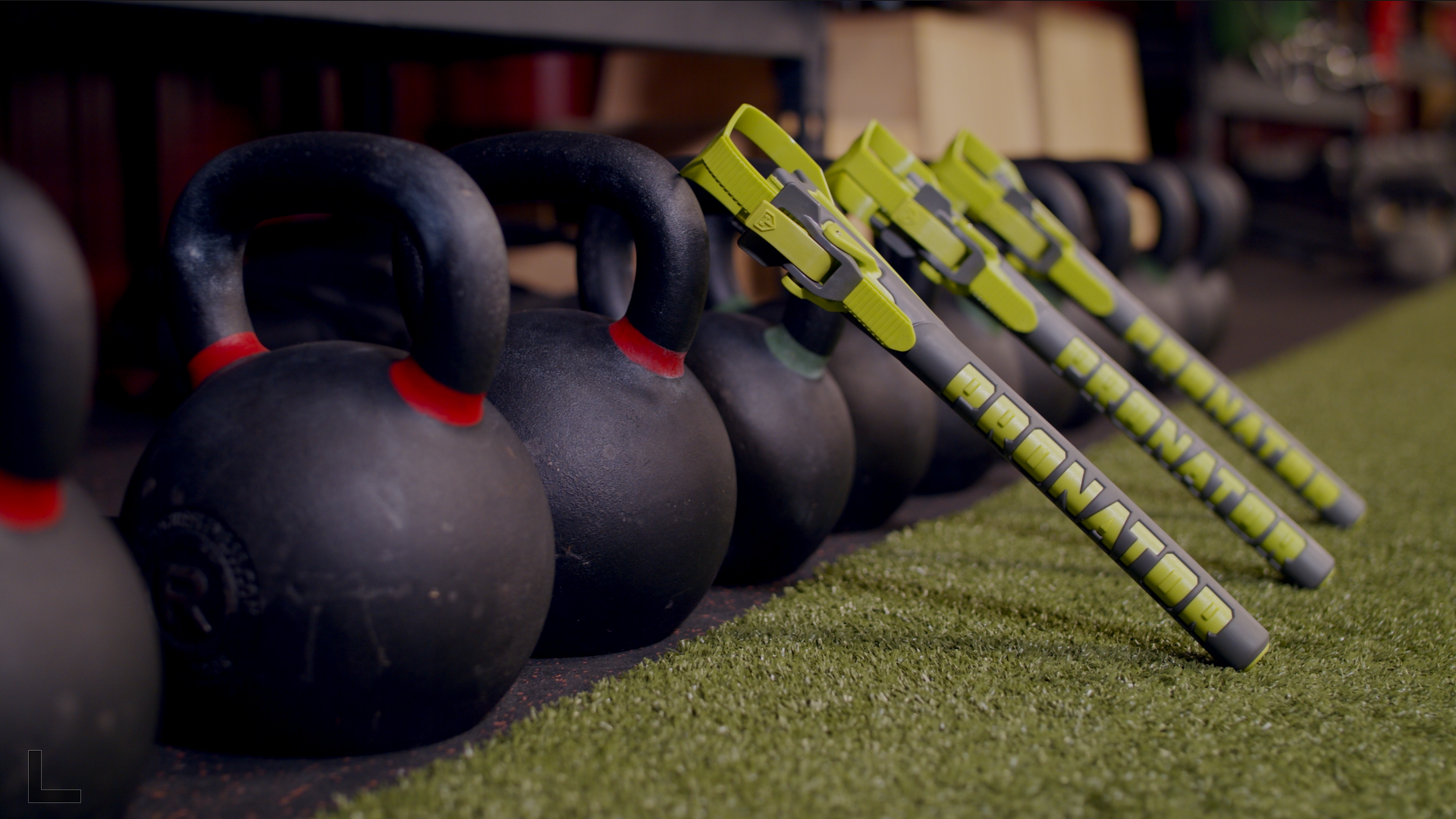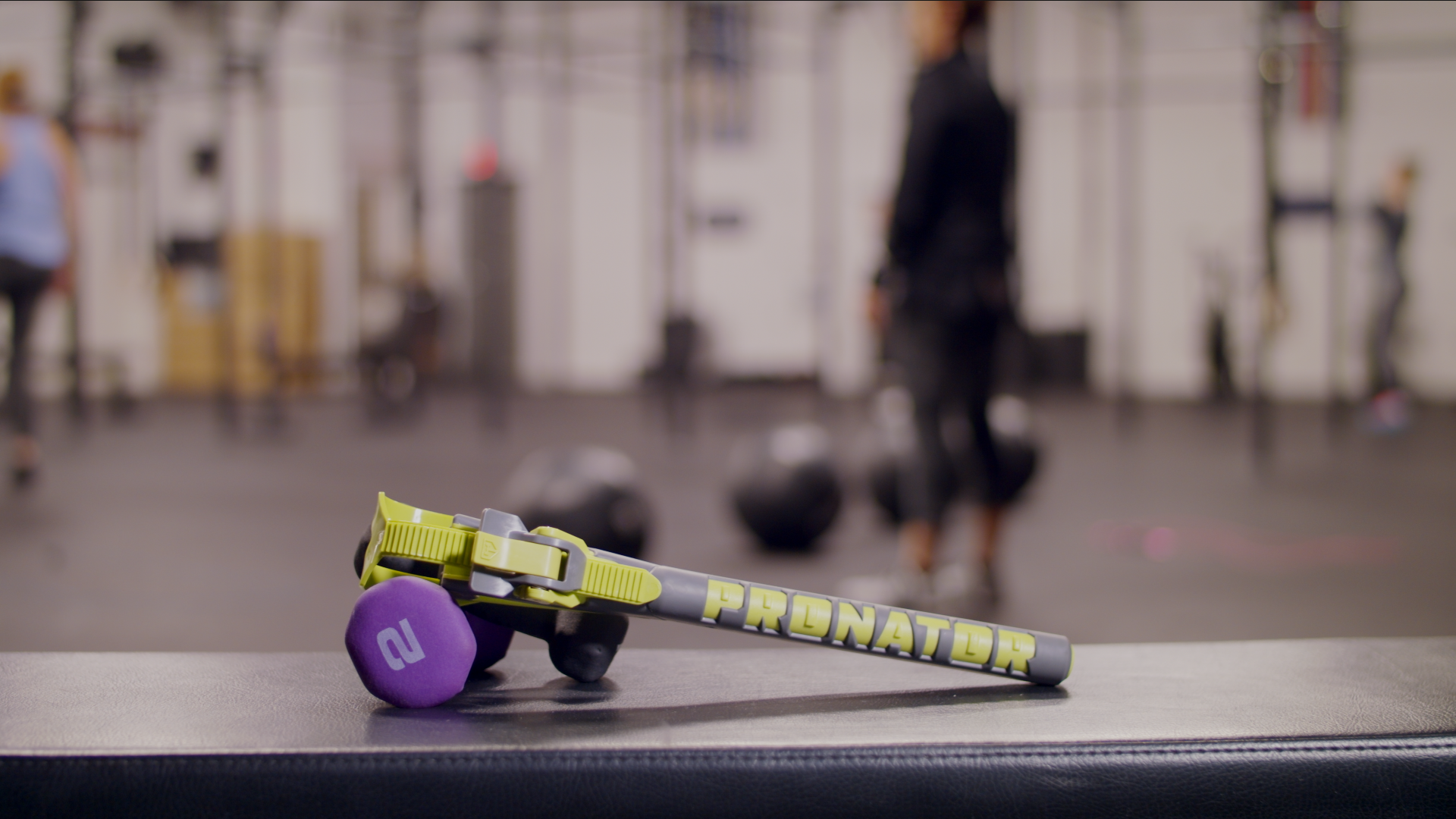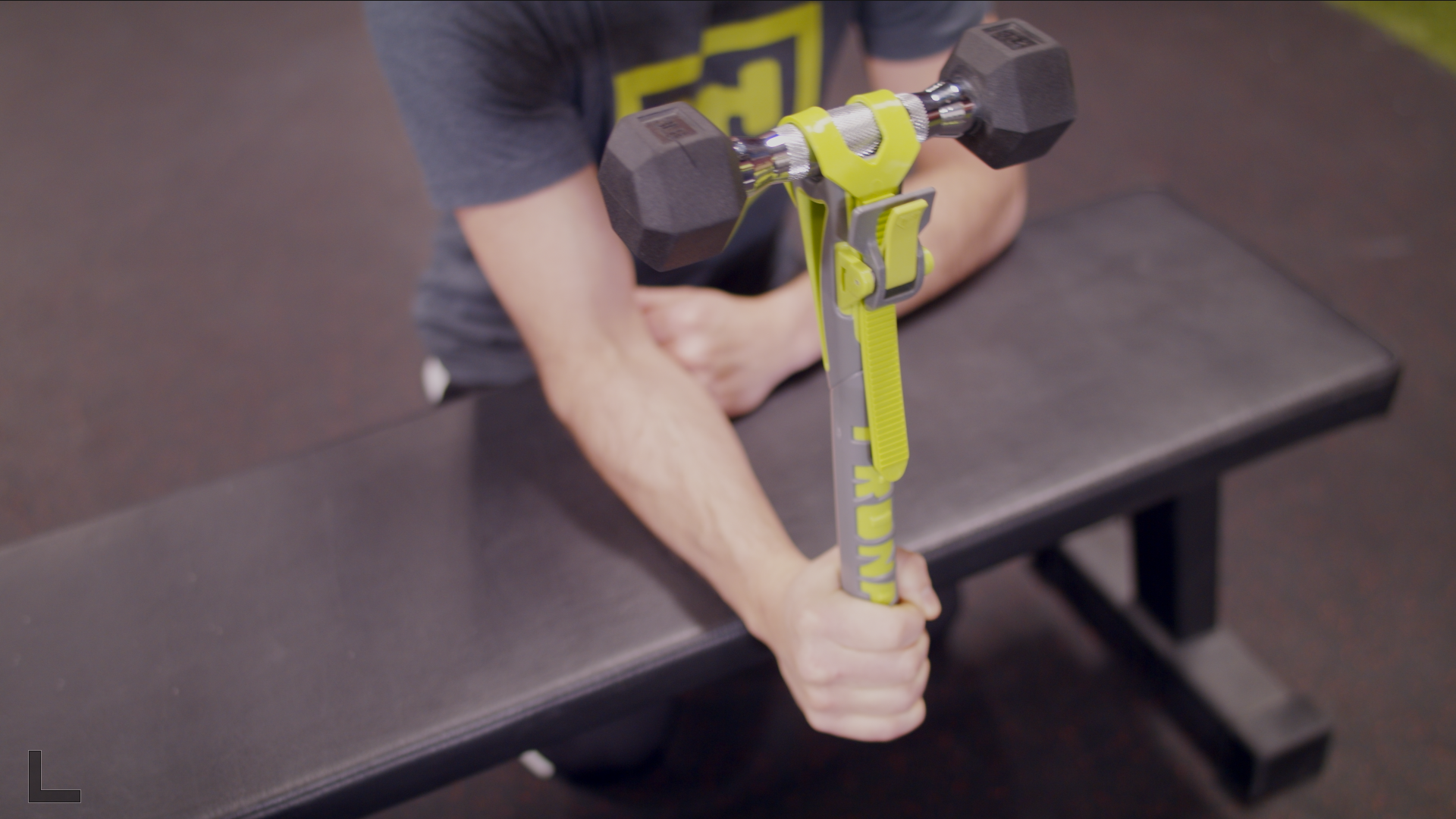 October 14, 2023
October 14, 2023
ROTATOR CUFF RECOVERY & WORK OUT REGIMEN
The rotator cuff is a group of four muscles that surround the shoulder joint and are responsible for stabilizing and moving the arm. The rotator cuff can be injured due to overuse, trauma, or degenerative changes. Rotator cuff injuries can range from minor strains to complete tears, and the recovery process will depend on the severity of the injury.
In this article, we will discuss the types of rotator cuff injuries, their causes, symptoms, and treatment options.
Types of Rotator Cuff Injuries:
Rotator cuff injuries can be classified into two main categories: tendonitis and tears.
Rotator Cuff Tendonitis:
Rotator cuff tendonitis is a relatively common injury that occurs when the muscle fibers or tendons are stretched or damaged. Rotator cuff tendonitis can range in severity from mild to severe and is usually caused by repetitive overhead motions or sudden movements.
Rotator Cuff Tears:
A rotator cuff tear occurs when one or more of the rotator cuff tendons are torn. Rotator cuff tears can be partial or complete and can occur due to sudden injury, overuse, or degenerative changes associated with aging.
Causes of Rotator Cuff Injuries:
Rotator cuff injuries can be caused by a variety of factors, including:
- Overuse: Rotator cuff tendonitis is most often caused by overuse of the shoulder joint, such as performing repetitive overhead motions, such as throwing a baseball or lifting heavy objects.
- Trauma: Rotator cuff injuries can also be caused by trauma, such as a fall or a direct blow to the shoulder.
- Age: As we age, our tendons become less flexible and more prone to injury. This can increase the risk of rotator cuff injuries.
- Poor posture: Poor posture can put undue stress on the rotator cuff muscles and increase the risk of injury.
- Shoulder Anatomy: the way your shoulder is shaped can also make you prone to rotator cuff tendonitis and as we you age can also lead to degenerative tears.
Symptoms of Rotator Cuff Injuries:
The symptoms of a rotator cuff injury will depend on the severity and type of injury, but some common symptoms include:
- Pain or tenderness in the shoulder, particularly when lifting or moving the arm
- Weakness in the affected arm
- Difficulty lifting or rotating the arm
- One sign to watch for is a “painful arch” As you lift your arm the pain will increase until it is parallel to the ground and then the pain will reduce as you go overhead
- A popping or snapping sensation in the shoulder
- Shoulder stiffness or immobility
Treatment of Rotator Cuff Injuries:
The treatment of a rotator cuff injury will depend on the severity and type of injury. Some common treatment options include:
Rest:
Rest is essential for allowing the injured shoulder to heal. Athletes and individuals who engage in strenuous physical activities may need to take a break from their activities to allow the rotator cuff to heal.
Ice:
Applying ice to the affected area can help reduce swelling and pain. Ice should be applied for 15-20 minutes at a time, several times a day.
Stretching:
Gently stretching the arm above your head will help maintain shoulder motion. This can easily be done by sliding your arm up a wall.
Strengthening:
Most rotator cuff injury happens for weakness in the muscle. Strengthening is a key part of recovery. Focusing on pain-free should internal and external rotation with exercises band or weight is a good place to start. Another exercise to start early is the shoulder or scapular rows.
Gently stretching the arm above your head will help maintain shoulder motion. This can easily be done by sliding your arm up a wall.
Strengthening:
Most rotator cuff injury happens for weakness in the muscle. Strengthening is a key part of recovery. Focusing on pain-free should internal and external rotation with exercises band or weight is a good place to start. Another exercise to start early is the shoulder or scapular rows.
Physical Therapy:
Physical therapy can help strengthen the affected arm and prevent further injury. A physical therapist can provide exercises and stretches that can help improve flexibility and range of motion in the affected arm.
Medication:
Over-the-counter pain medications, such as acetaminophen or ibuprofen, can help reduce pain and inflammation.
Surgery:
In severe cases, surgery may be necessary to repair a torn rotator cuff tendon. Surgery may also be recommended for athletes or individuals who rely on their arm strength for their profession.
Recovery from Rotator Cuff Injuries:
Recovery from a rotator cuff injury can be a lengthy process that requires patience and dedication. The length of recovery will depend on the severity of the injury and the chosen treatment method.
THE PRONATORStarts at JUST $74.95!
- 1 Year FULL WARRANTY
- Used by NCAA, NFL, NBA & MLB
- Customer Satisfaction Guarentee



